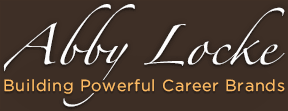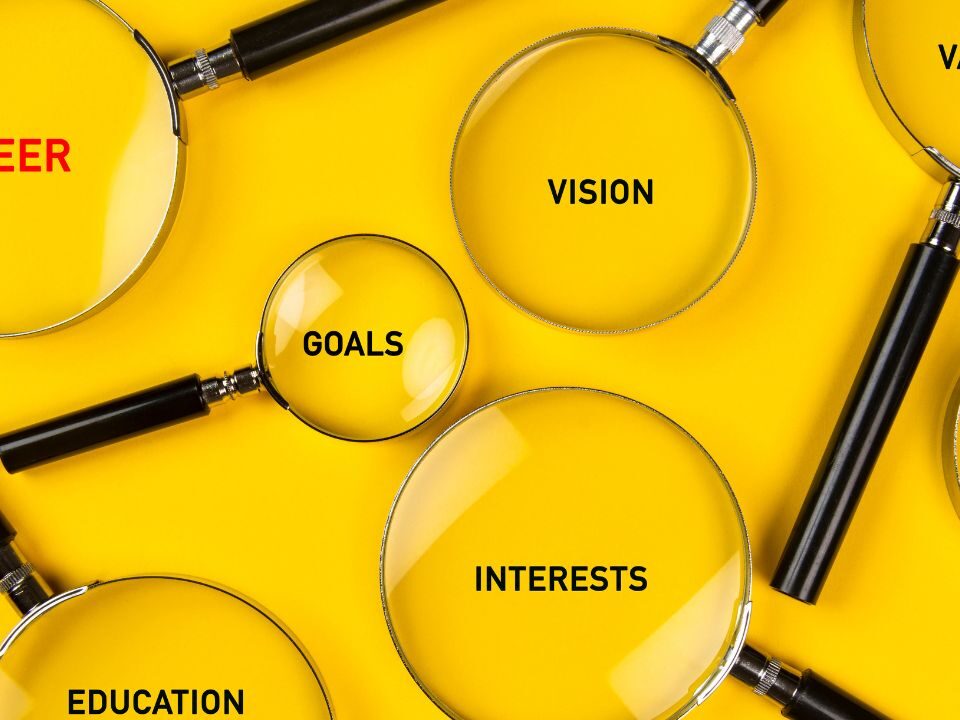
If you have been one of my clients, you will know that I do a comprehensive analysis of your entire career and what you bring to the table, so that I get a good sense of your value proposition.
Well, what I do comes so naturally to me now that many people don’t realize that becoming an executive coach and executive resume writer was a career change for me.
Yes, that’s right.
My educational background and training is in business management and my aspirations was to be a financial analyst – of course, it funny to me now as I am so enthralled with my new career.
The great part of career change is that nothing goes to waste – my MBA training and college degree in business management allows me to be strategic with my executive clients.
It all comes together, trust me.
Today, I wanted to use my own career story again to show you how career change is possible and more importantly profitable. So here goes…
1) Do your research and narrow down your new target career (hmm, that sounds familiar, right?)
Once I realized that resume writing was something I wanted to explore further, I started to do my homework.
Apparently God, was working in my favor because one of the first books I found was called “How to start your own home-based resume writing service”. Talk about lights going on!
Saying that you want a new career that would utilize your existing skills does not say anything at all.
Visit career exploration sites like O*net Online to help you dig further and identify a new profession.
2) Learn from the best players in your new field/industry
My quest for new information helped me find out that there were other people doing the same things and more importantly, there were professional organizations that assisted resume writers and career coaches to perfect their craft.
Now I had access to professional development in my new field as well as access to seasoned resume writers who I could network with and learn firsthand about the craft.
Who in your new industry can you turn to for best practices, words of wisdom, introductions, referrals and more?
3) Start spreading the word and talking to your community
I remember the very first resume client I got was one of my father’s friends – ironically, I recently had a conversation with him and it was great to reflect on the progress I have made.
When you are changing careers, no-one is going to knock on your door and personally hand you a new opportunity.
Most likely you will have to work hard to convince that employer to take a chance and hire you.
Have you taken a hard look at your network to determine who can be most strategic in getting you to the next leg in your career?
4) Take the extra steps to sharpen your marketing message and online brand
Early on in my practice when having a website was still optional, a human resource professional was hesitant to work with me because I did not have a website and only used newspaper advertisements.
While it may be difficult to create a career changer resume overnight, there are other things you can do to be well prepared for a new opportunity.
- Brainstorm and come up with at least three top Challenge-Action-Results career stories that would best demonstrate your transferable skills and talents to your new career
- Seek out and gain recommendations for key contacts in your new target industry
- Maximize your network, find trusted colleagues and old friends who will vouch for you
- Find creative ways to get involved in your new target industry
- Attend conferences, seminars, webinars, online forums, LinkedIn groups etc.
5) Be patient and committed to the process (definitely by far the hardest)
If you really need a job and your financial situation is at stake, that is not a good time to engage in career change strategies.
The journey to a career change takes longer and will require long-term commitment until you reach success.
For example, pursuing a new certification, enrolling for a new degree, taking a series of classes may be your only bridge to a new career and all things that take time.
It took me several years before I was able to create an entire resume and professional biography that only reflected my experience and talents in career services.
So don’t dismiss your chances of success with changing careers, just make sure you understand the efforts it will take to get you there.




